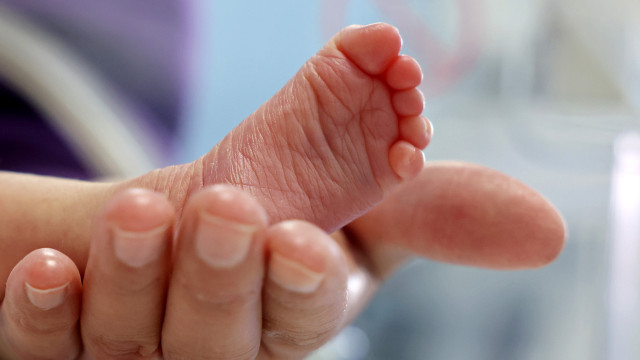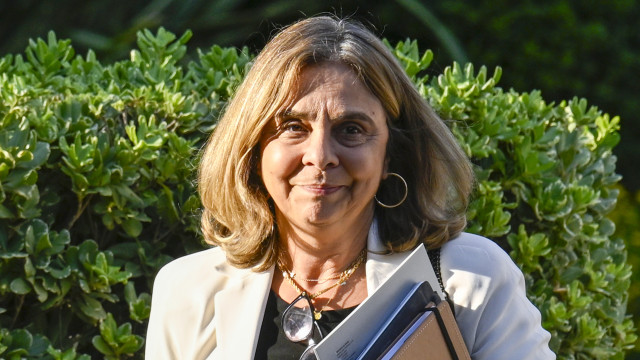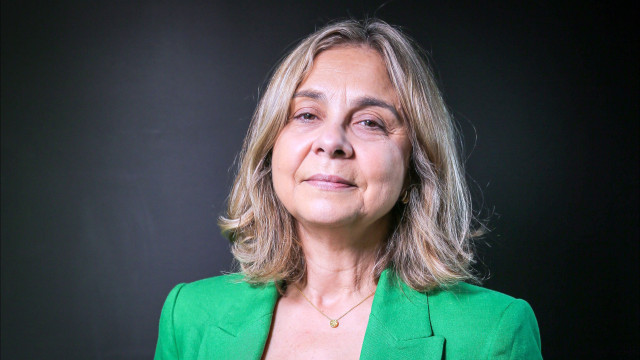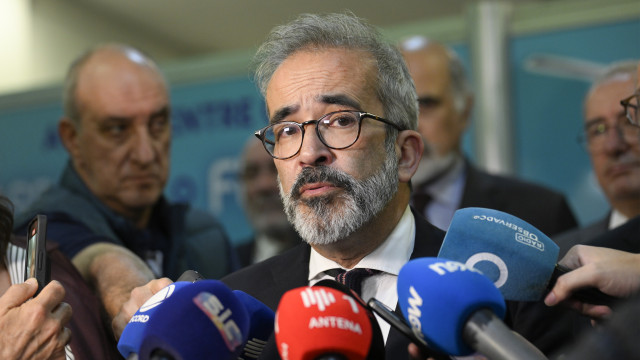The infant of the young woman who was admitted to the Permanent Medical Care at Hospital Terra Quente in Mirandela in the early hours of Monday, not knowing she was pregnant and “suffering from severe lower back pain,” passed away at the Centro Materno Infantil do Norte in Porto late Tuesday afternoon.
Hospital sources confirmed this Saturday to the Jornal de Notícias (JN), without providing further details on the cause of death.
Notícias ao Minuto sought confirmation from the facility and is awaiting a response.
The mother, aged 33, has been discharged from the hospital, as per JN.
It is recalled that the case dates back to early Monday when the woman entered the Permanent Medical Care at Hospital Terra Quente in Mirandela due to “severe lower back pain.” Unaware of her pregnancy, she “unexpectedly went into labor” during exams, as detailed by the private health unit on Facebook.

“The medical team on duty reacted swiftly and effectively. Nurse Daniela Ribeiro supported the delivery from start to finish, providing continuous support to the young woman. Simultaneously, Dr. Rainier Ramos Pinto ensured the stabilization of the clinical situation while coordinating contacts with INEM, activating the necessary emergency resources to respond to the case,” the hospital stated in the same note.
Although INEM quickly responded to the situation, the baby was already born at the arrival of the emergency services.
The premature baby was stable, as was the mother. Both were transferred to the neonatology unit at Hospital de Vila Real. The newborn was then taken to the Centro Materno Infantil do Norte in Porto, where he eventually died.

In recent weeks, two pregnant women lost their babies following the closure of emergency rooms. A third woman, who was 26 weeks pregnant, was transported by Nazaré Volunteer Firefighters to Hospital de Leiria, but the baby was born in the ambulance and died.
On Wednesday, Health Minister Ana Paula Martins expressed “deep regret” for the outcome of the two previous cases of pregnancies (those known at the time), which “would have been difficult to prevent”, while noting that “medicine still cannot solve everything.” However, she acknowledged that “we cannot normalize the idea of having closed emergencies as something normal.”





